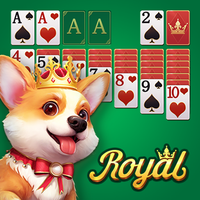Yoko Taro Hails ICO as Revolutionary Gaming Masterpiece

Yoko Taro, the visionary mind behind critically acclaimed titles such as NieR: Automata and Drakengard, has frequently discussed the transformative impact of ICO on video games as a medium for artistic expression. Released in 2001 for the PlayStation 2, ICO swiftly gained cult status due to its minimalist design and silent storytelling.
Taro pointed out how the game's central mechanic—players guiding Yorda by holding her hand—revolutionized gameplay paradigms of the era. As he noted, "If ICO had asked you to carry a girl-sized suitcase instead, it would have been a highly frustrating ordeal." His observation underscored the game's innovative approach to player interaction, challenging conventional ideas of engagement in gaming.
During a time when success in game design was often measured by how well an experience retained interest even when reduced to basic geometric shapes, ICO charted a different path. It prioritized emotional connection and thematic richness over purely mechanical advancements. Taro asserted that this title demonstrated that art and narrative could evolve beyond serving merely as background elements, becoming indispensable parts of the gaming experience.
Calling ICO "epoch-defining," Taro lauded the game for redirecting the course of game development. He commended its ability to showcase video games' potential for conveying deep meaning through understated mechanics and immersive atmosphere.
Beyond ICO, Taro referenced two other seminal works that profoundly influenced both him and the gaming world: Undertale by Toby Fox and LIMBO by Playdead. These games, he claimed, expanded the expressive limits of interactive media, proving that video games can deliver rich emotional and intellectual journeys.
For admirers of Yoko Taro's creations, his appreciation for these titles reveals valuable insights into the inspirations shaping his own projects. It also highlights the continuous growth of video games as a potent and flexible art form.
Latest Articles















![Roblox Forsaken Characters Tier List [UPDATED] (2025)](https://ima.hhn6.com/uploads/18/17380116246797f3e8a8a39.jpg)















